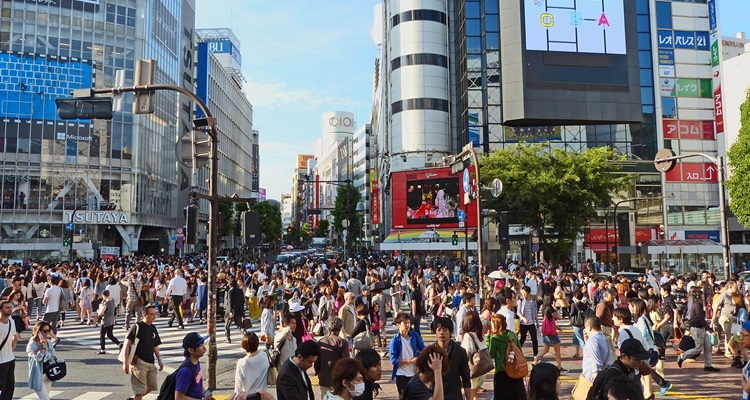Japan’s Civil Code is in the process of being revised to lower the age of adulthood on the island nation from 20 years of age to 18. However, according to Asia Gaming Brief, the government has decided the change will not affect the current legal gambling age. That means anyone under the age of 20, will still be legally prohibited from partaking in auto racing, horse racing, boat racing, bicycle racing, and, in time, the country’s upcoming integrated casino resorts (IR).
Curiously, the Japanese government will not impose the new age revision on pachinko, which under the law is not recognized as a form of gambling. That, in spite of the fact that pachinko is recognized in the country as being the overwhelming source of gambling addiction. So much so that members of the government are reportedly considering implementing anti-addiction measures on gambling establishments, including pachinko parlors. And considering that in 2015, Japanese gamblers reportedly spent $209 billion on the pinball-like pachinko machines; the equivalent of roughly 4 percent of the country’s gross domestic product.
Nevertheless, 18-year-olds will still be legally able to engage in pachinko even after the age revision.
Pachinko has traditionally been classified as an amusement similar to fairground attractions as winning players are offered prizes instead of cash. However, the prizes can reportedly be exchanged for hard currency at other venues often located only a few feet from the actual machines.
The decision is in keeping with the government’s long-delayed plan to permit younger people to become legal adults and to vote, in spite of the “Coming of Age Day.” The national holiday is held annually on the second Monday of January in order to, among other things, encourage those newly entered into adulthood, 20 years old, to become self-reliant and productive members of society.
According to the news agency, polls in Japan have indicated a key reason for the general public’s negative view of the establishment of IR’s is the idea that they may have a corrupting influence on the country’s youth. The move by the government to exclude the legal gambling age from the revision seems to reflect that sentiment.



